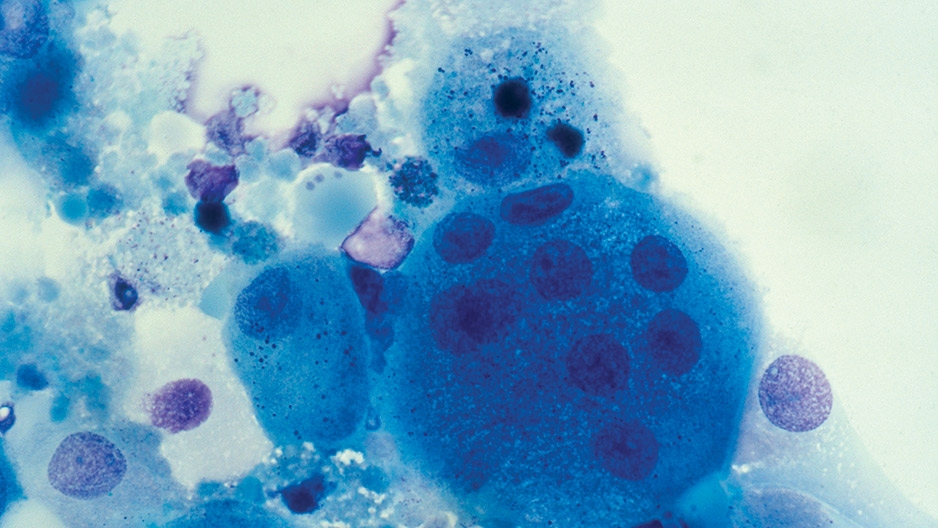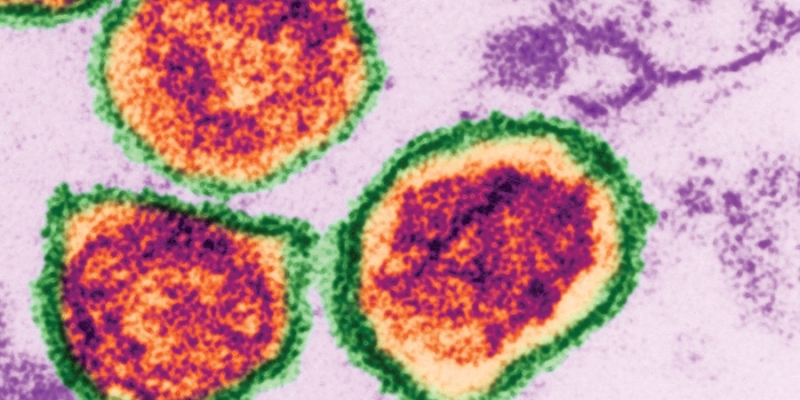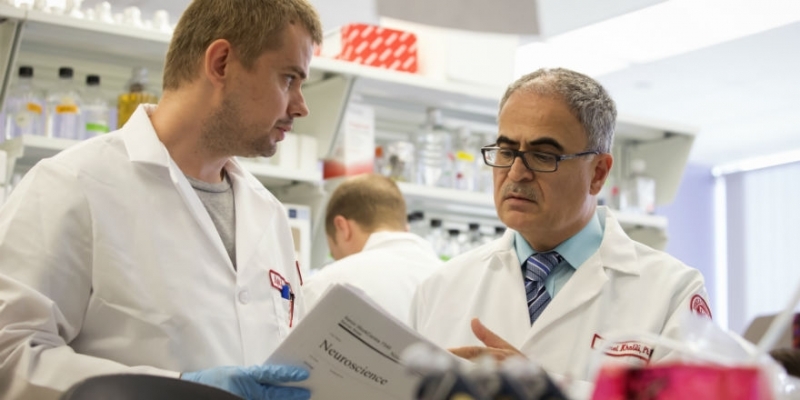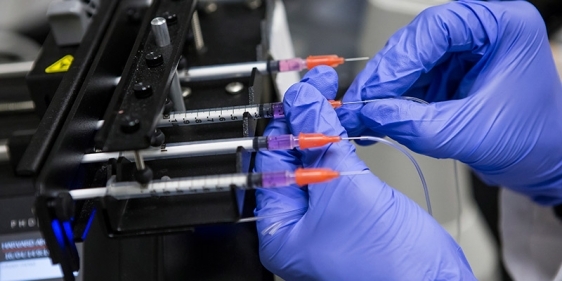Temple researchers advance pursuit of HIV cure
The team from the Lewis Katz School of Medicine again used its gene editing technology to remove the virus from DNA, this time in animals.

Temple University researchers have made further gains in their continued pursuit to develop a cure for infection with HIV, the virus that can lead to acquired immune deficiency syndrome, or AIDS.
The team from the Lewis Katz School of Medicine has, for the first time, successfully removed HIV-1 DNA from living animals, using the specialized gene editing technology the scientists designed to eradicate the virus in infected cells.
Led by Kamel Khalili, professor and chair of the Department of Neuroscience at Temple, the team’s latest advancement comes months after it announced the gene editing system had successfully removed the virus from the genome of human T-cells, using blood drawn from actual patients living with HIV.
“It’s extremely promising,” said Khalili, also director of the Center for Neurovirology and director of the Comprehensive NeuroAIDS Center at Temple. Khalili said the most recent advancement paves the way for “the ultimate cure.”
Detailed in the journal Gene Therapy, the most recent breakthrough showed that the team—which included collaborators from the University of Milan, the University of Nebraska Medical Center, and the University of South Carolina—was able to target and eliminate the virus in the organs of rats and mice, including the brain, heart, kidney, liver, lungs, spleen and blood cells.
The researchers will next turn their attention to a follow-up study and Khalili said clinical trials could be on the horizon in the next several years.
The study’s release follows two years of strides that began with the 2014 announcement that the team’s gene editing technology had successfully excised the HIV-1 virus from cultured human cells.
The research was supported by grants from the National Institutes of Health.
Read the full story.
Drs. Kamel Khalili, Wenhui Hu, and Rafal Kaminski are named inventors on patents that cover the viral gene editing technology that is the subject of this published journal article. In addition to the foregoing interests, Khalili is a co-founder, board member, scientific advisor, and holds equity in Excision Biotherapeutics, a biotech start-up which has licensed the viral gene editing technology from Temple University for commercial development and clinical trials. Jennifer Gordon serves as an unpaid scientific advisor to Excision Biotherapeutics. The option to license the viral gene editing technology was signed prior to the acceptance of this manuscript. The authors declare that this work was produced solely by the authors and that no other individuals or entities influenced any aspects of the work including, but not limited to, the study conception and design; data acquisition, analysis and interpretation; and writing of the manuscript. The work was funded by the National Institutes of Health. No other entities provided funds for the work. The authors further declare that they have received no financial compensation from any other third parties for any aspects of the published work.


